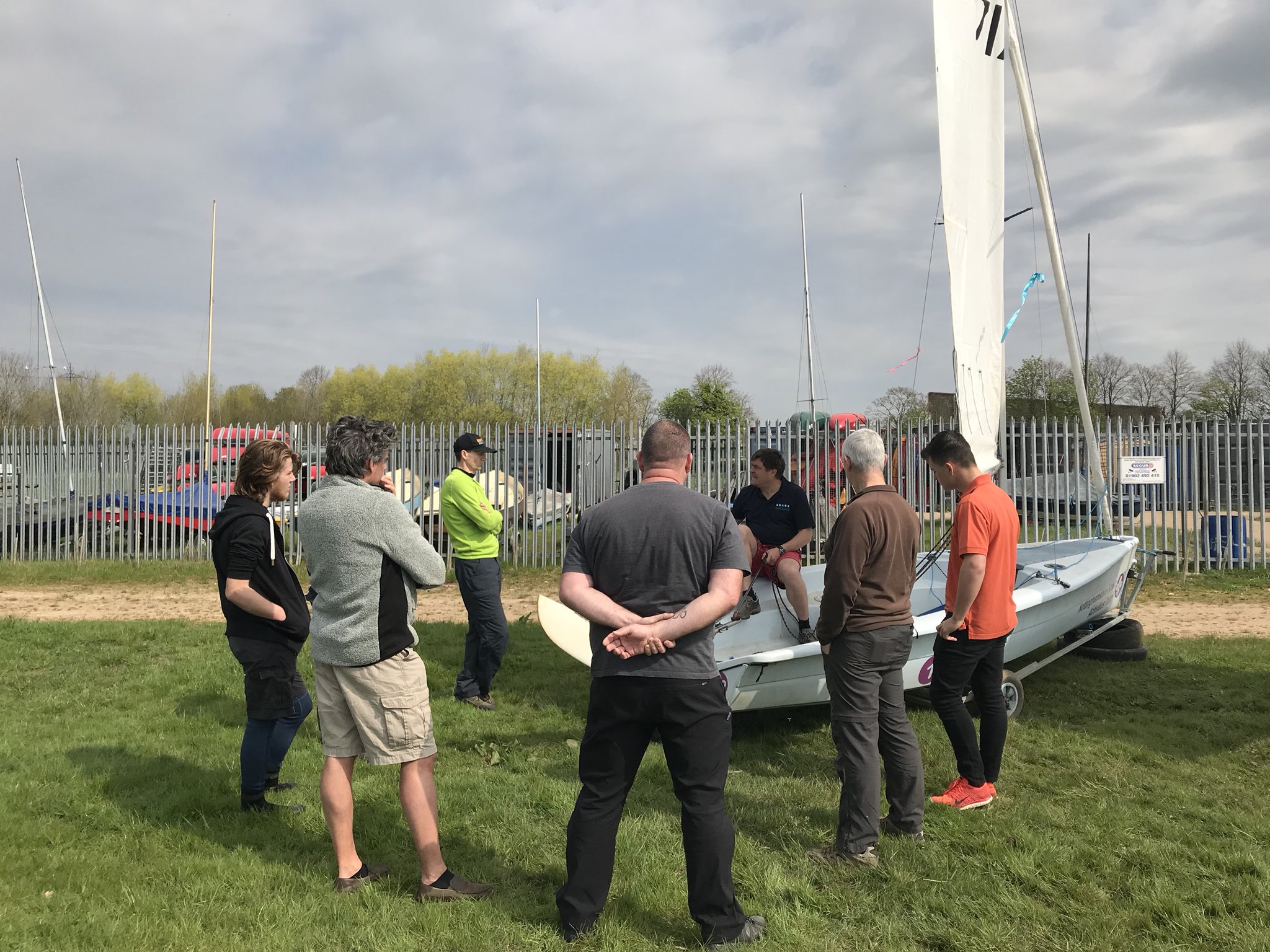Book a Course or Training

Our Courses
Paddlesport
Sailing
Paddlesport Safety & Rescue
Paddlesport Instructor
Powerboating
Our Training
Archery
Climbing
Hillwalking
Paddlesport
Sailing
Permit Assessments
Are you ready to be assessed for an adventurous activity permit? Maybe you’re ready for a renewal? We’re here to help. Pop the details of the activity permit you’re looking to gain into the contact form and one of the team will be in touch. If you are looking for a renewal, please have a logbook on hand to show your experience in this activity since your assessment.
Please note that in order to hold an adventurous activity permit in Scouting, you must be a full or associate member of the movement. For instance, adults with
occasional helper roles are unable to hold a permit. The full list of roles and their member status can be found here: Role Table.






